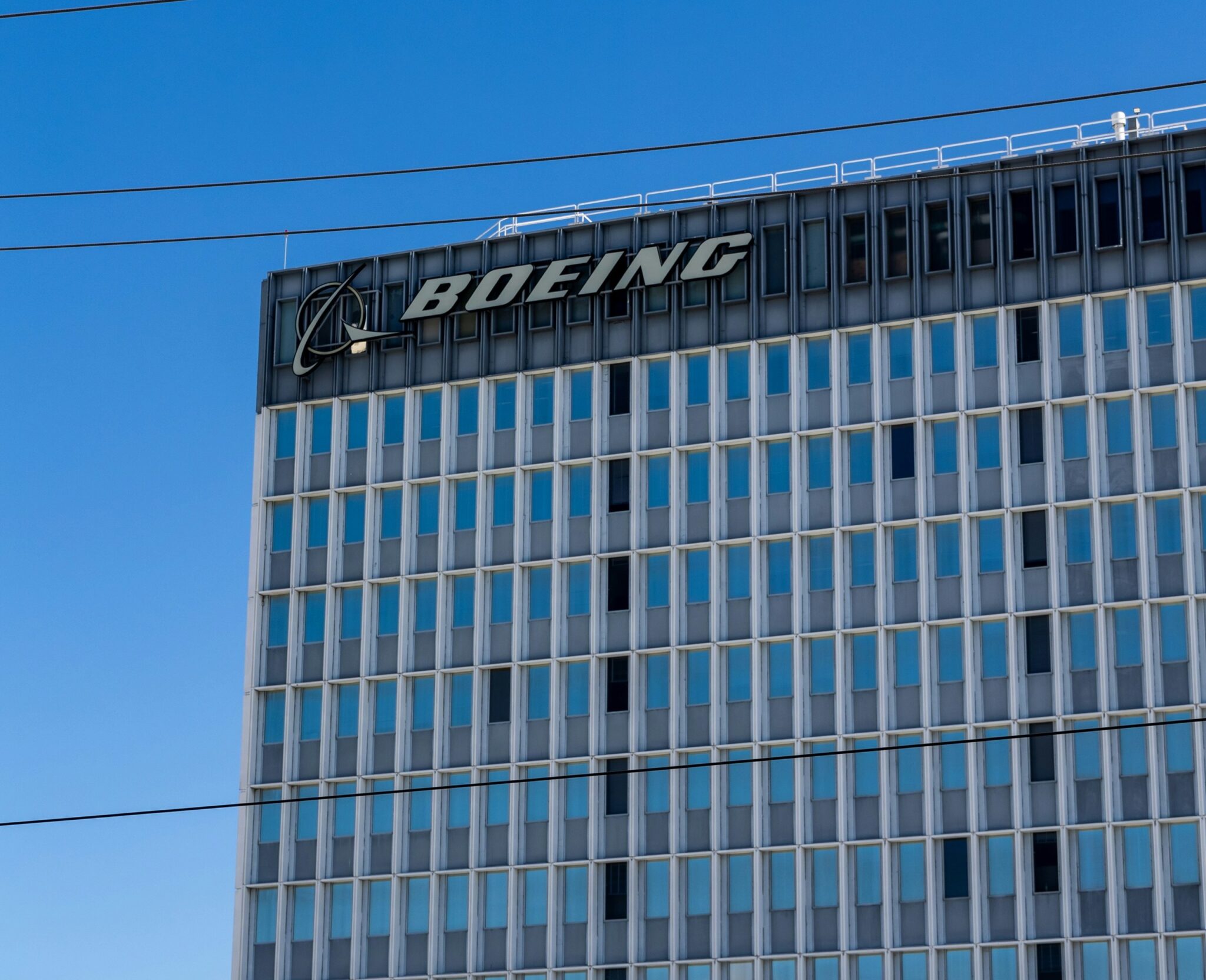
John Fry is a student at Harvard Law School.
In today’s news and commentary, General Counsel Abruzzo takes aim at noncompete and “stay-or-pay” agreements; Boeing and its workers’ union resume West Coast talks amid South Carolina organizing; and Stellantis sues to prevent a UAW strike in California.
NLRB General Counsel Jennifer Abruzzo released a memorandum yesterday outlining her plans to curtail employers’ use of noncompete and “stay-or-pay” agreements with workers. The memo elaborates on a theory that Abruzzo articulated in a memo last May and takes aim at what Abruzzo called “coercive restrictors of employee mobility, which is not a legitimate business interest.” It also directs the NLRB’s regional offices to seek compensation for employees affected by these agreements, if the latter are structured unlawfully: among other things, employees who can show that they lost a more lucrative job opportunity because of an unlawful noncompete are to be compensated by their employer for the lost wage differential. Regarding stay-or-pay agreements, Abruzzo’s memo explains that the key inquiry is whether an agreement is truly voluntary, e.g. signed in exchange for optional skills training provided by the employer.
Boeing resumed talks with its striking workers on the West Coast yesterday, two weeks after the company attempted to deliver an ultimatum. Boeing is reportedly losing up to $100 million per day due to the strike, while some striking workers have lost their access to employer healthcare. The strikers are reiterating their demand for wage increases of 40% over four years, while the highest Boeing has offered is 30%. Despite the potential progress in bargaining, Boeing has also launched union “education sessions” at its South Carolina manufacturing hub. According to an internal Boeing memo obtained by the press, the voluntary meetings are meant to address “questions and concerns” from workers at the plant related to ongoing union organizing efforts there. Boeing’s decision to build the South Carolina plant at all was widely regarded as an attempt to shift company operations away from the union-friendly environment in Washington.
Automaker Stellantis has filed a federal lawsuit attempting to prevent the United Auto Workers from striking a parts distribution center in California. As Sunah and Everest have reported, UAW claims that Stellantis is reneging on its contractual promise to reopen a shuttered plant in Illinois, while Stellantis claims that its CBA with UAW allows it to delay the investment due to changing market conditions. In this case, Stellantis argues that “the transition to electrification is happening at a slower pace than expected,” causing it to change its plans. Stellantis’s suit alleging an impending breach of UAW’s no-strike obligation follows the announcement that a large majority of workers at the parts plant have voted to authorize a strike.






Daily News & Commentary
Start your day with our roundup of the latest labor developments. See all
January 11
Colorado unions revive push for pro-organizing bill, December’s jobs report shows an economic slowdown, and the NLRB begins handing down new decisions
January 9
TPS cancellation litigation updates; NFL appeals Second Circuit decision to SCOTUS; EEOC wins retaliation claim; Mamdani taps seasoned worker advocates to join him.
January 8
Pittsburg Post-Gazette announces closure in response to labor dispute, Texas AFT sues the state on First Amendment grounds, Baltimore approves its first project labor agreement, and the Board formally regains a quorum.
January 7
Wilcox requests en banc review at DC Circuit; 9th Circuit rules that ministry can consider sexual orientation in hiring decisions
January 5
Minor league hockey players strike and win new deal; Hochul endorses no tax on tips; Trump administration drops appeal concerning layoffs.
December 22
Worker-friendly legislation enacted in New York; UW Professor wins free speech case; Trucking company ordered to pay $23 million to Teamsters.